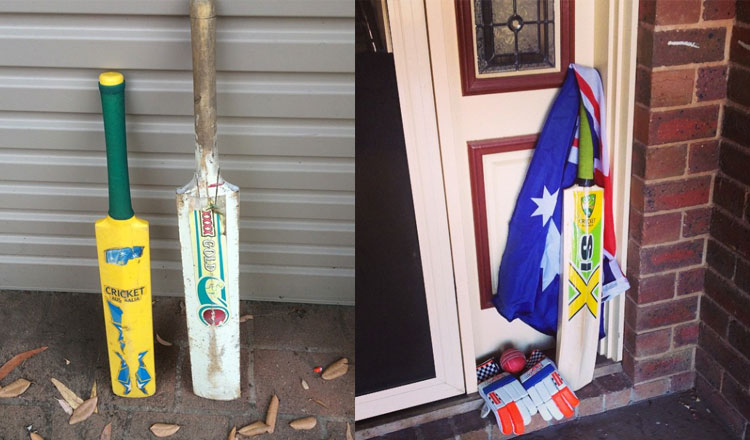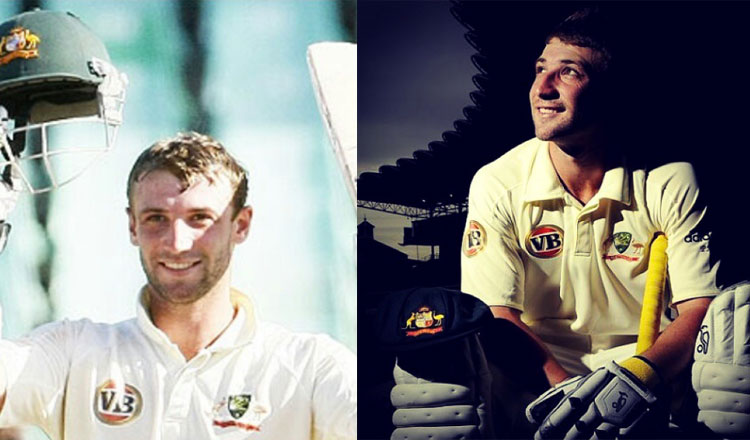Phillip Hughes 1988-2014
Obviously everyone grieves in their own way. But the important point is that children who have seen their parents grieve will cope better themselves. If we try to shield our kids from our sadness, how will they know that it’s normal to experience so much pain when someone they love dies? To model a healthy grief reaction, simply explain how you’re feeling in age-appropriate terms. Try to stick to the facts and not use euphemisms. Explaining a person’s illness or that they died as a result of a terrible accident is more helpful than trying to soften the news by saying that they “went to sleep and didn’t wake up.” Many children can fear the same fate happening to them or to you when death is explained in this way. Encourage them to ask questions. Answer their questions honestly, even if they’re asking if you are going to die. Allow them to see you crying or explain why you are quiet or withdrawn. Reassure them that it’s normal to feel this way when someone dies. 
Team mates Sean Abbott & Phillip Hughes
Finally, don’t assume that a child who isn’t asking questions or showing emotions isn’t grieving. Every now and then, check in with them by asking them how they’re feeling and tell them what’s going on for you. If you normalise conversations aboutgrief and loss, then they will find it much easier to open up.
Read More:
Phillip Hughes 1988-2014: Too Young, Too Soon – The Tragedy That Stopped A Nation
Standing By Sean Abbott, United In Grief

#putyourbatsout in memory of Phillip Hughes
How do you model healthy grief to your children, share your experiences below…

















